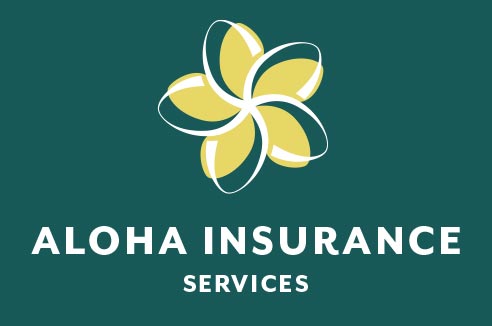The National Bike Registry estimates that one million bicycles are stolen each year in the U.S., and only a small percentage of them are ever recovered. The annual cost to families is more than $200 million.
The following tips can help lower the risk of having your bike stolen:
Lock your bike.
Unlocked bicycles are an open invitation for thieves. Whenever you are not riding your bike, it should be locked, even when it’s in your garage.
Don’t skimp when buying a bike lock.
Most cable locks are easy to cut, so purchase the best bike lock you can afford.
Lock your bike correctly.
Lock both wheels and the frame to a post, pole or bike rack.
Register your bike with local police
The police are able to recover bikes quickly if they are registered in advance and have the appropriate information including make, model, color and serial number. You can also register your bike with the National Bike Registry, a national database which helps recover stolen bikes.
Bicycles are covered under your homeowners or renters insurance. However, there is usually a $250-$500 deductible. Your homeowners or renters policy also provides liability coverage in the event of a collision that results in injury to another person. There are no deductibles for liability claims.
Once you purchase a bicycle, keep the receipt for it and any accessories you add. Also, take photographs of the bike. Store these documents off premises and alert your insurance professional to your new purchase.
If you own an expensive bike, consider purchasing a floater. This will provide more coverage than a homeowners or renters policy. For instance, in the event of an accident, a floater covers the cost of bike repairs. A floater costs approximately $9 for every $100 of the bike’s value, and there are no deductibles.


